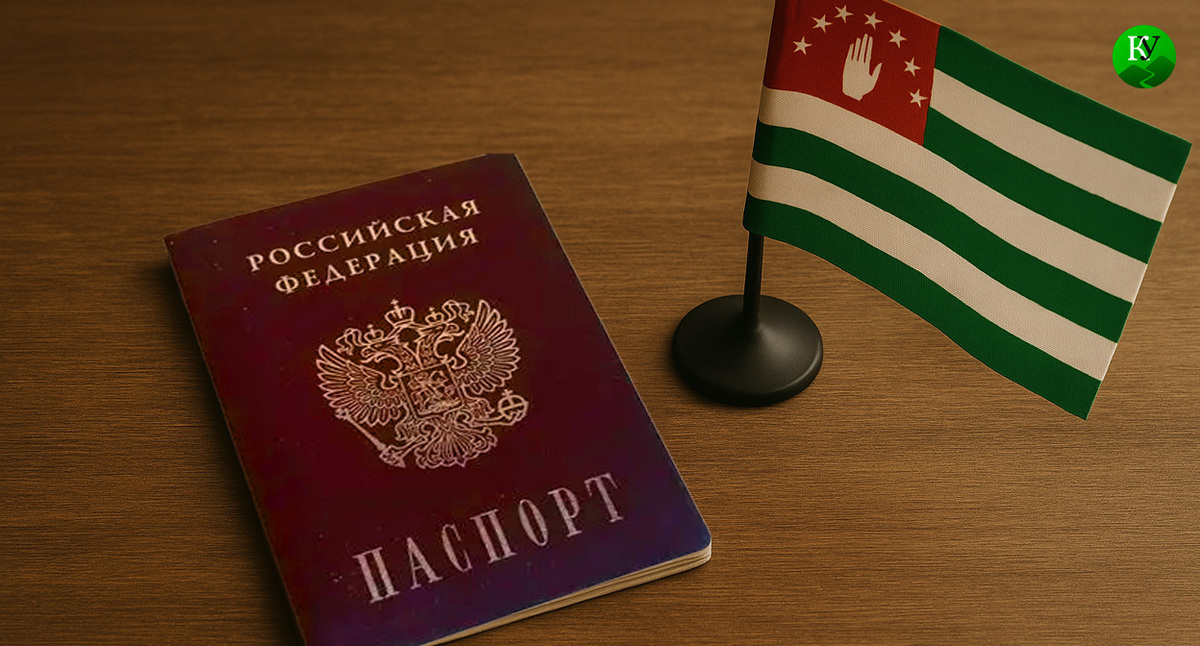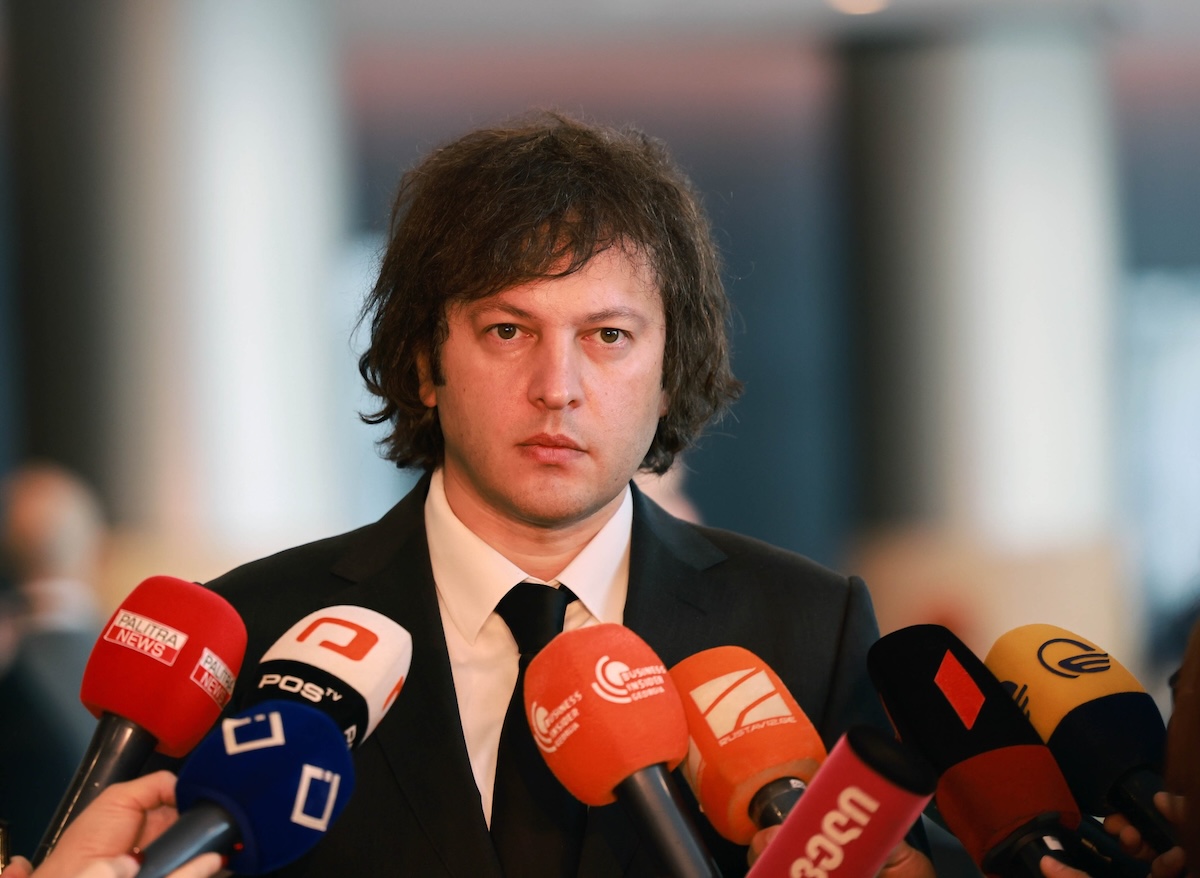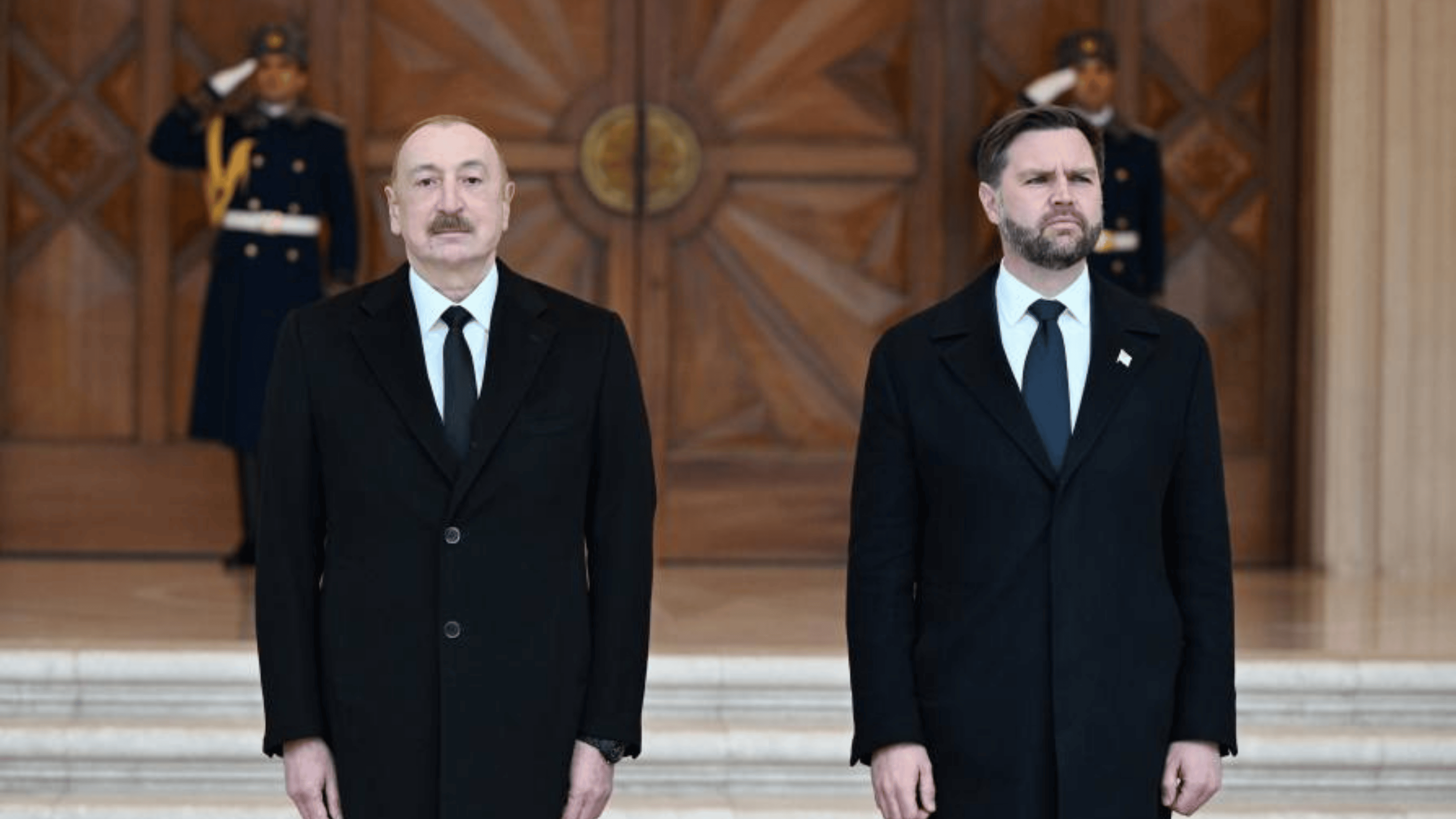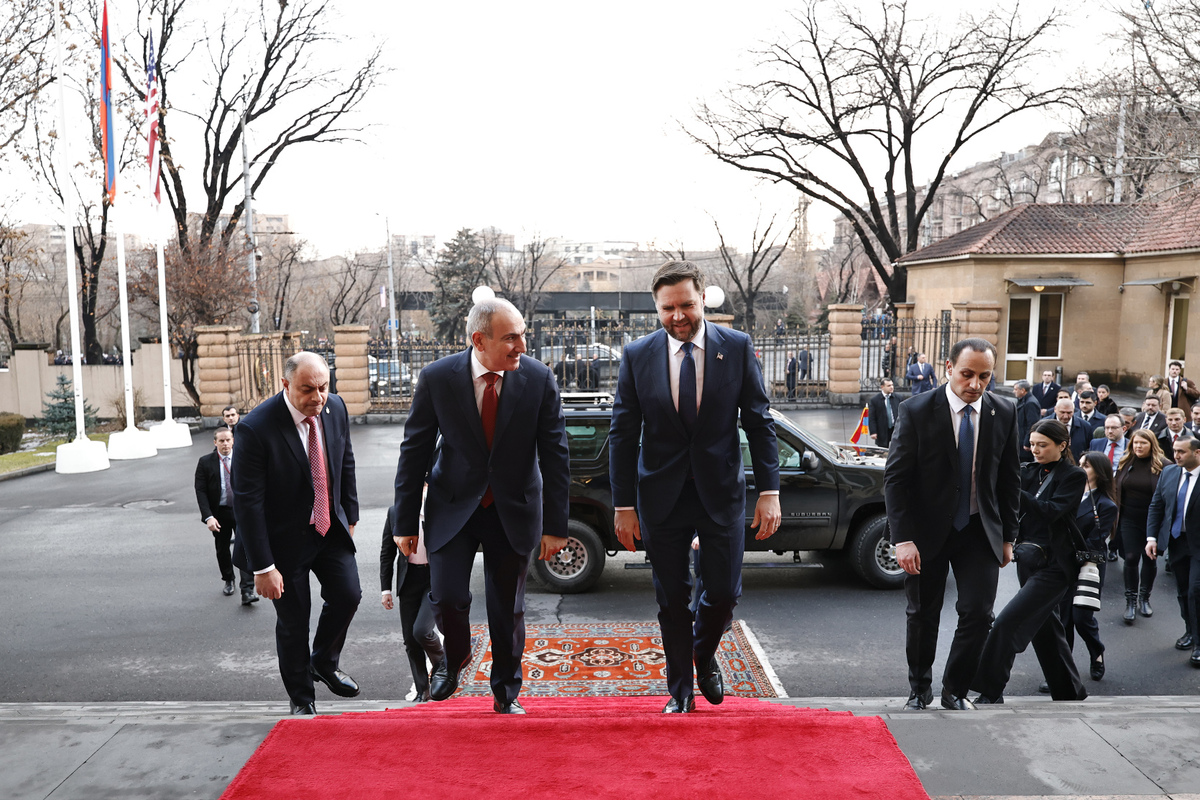An Abkhazian father convicted for the sexual abuse and murder of his daughter, though evidence is lacking
A 4-year-long trial on a high-profile criminal case regarding the sexual abuse and murder of Verzhine Surmenelyan, a 9-year-old girl who was a 4th grader from Gumista town, has concluded in Abkhazia. The Prosecutor’s Office laid down murder charges against Ambartsum (Robik) Keshishyan, the girl’s father.
He, however, flatly denied his involvement in the case. Nevertheless, on 3 July, the court found him guilty and sentenced Keshishyan to 20 years in prison. Mikhail Buryak, who was named as his accomplice, was sentenced to 19 years in prison.
Although the guilty verdict had been passed, it has churned up many heated debates among the public. Many people claim that the investigation was unfair and even corrupt.
Here’s JAMnews review based on the different case versions.
Background
The crime was committed on 2 December, 2013. According to the court’s final version, Ambartsum Keshishyan physically intimidated Mikhail Buryak, urging him to kidnap and rape his (Keshishyan’s) daughter. Afterwards he raped and killed her himself, having cut her throat.
The court found it indisputable that Ambartsum Keshishyan tried to conceal the fact that he had previously sexually abused his daughter on a number of occasions.
Discrepancies
Many journalists, who have closely observed the progress of the investigation, made up a lengthy list of claims about the investigation. They keep demanding answers to the following listed questions:
1. According to the public prosecution, the rape and murder facts were confirmed through a polygraph examination. However, it was done two years after the incident and was based entirely on the testimony of Mikhail Buryak, an emotionally unstable man, who had previously served a term of imprisonment for sexual abuse of elderly women. One of his victims was raped in a cemetery.
2. Igor Sknarin, Keshishyan’s lawyer, claims that his client has an alibi. At the time of the murder, Ambartsum Keshishyan was at home together with his wife, Zhanna Surmenelyan, and two other children. Several witnesses confirmed the aforesaid.
However, the court didn’t consider that information as an alibi, and referred to Buryak’s testimony. It is noteworthy that his testimonies were contradictory and he changed them three times. In particular, as Buryak told the court during the trial, Keshishyan had called him from a hidden number on the day of the murder. However, the lawyer stated that having studied the call history of both Keshishyan and Buryak’s cell phones, the investigation didn’t confirm that such a call had been made.
3. One of the facts in the charges suggests that the girl had had sexual intercourse with her father three days before the murder. The only evidence is again Buryak’s testimony. However, according to eyewitnesses, she had a fever that evening. She was given some medicine and the next day she was peacefully riding her bike in the yard. The girl’s mother also claims that she had always bathed Verzhine herself and that there weren’t any traces on her body. According to the lawyer, the whole story is just guesswork.
Social media comments
“I believe that a real abuser is at liberty and he is someone’s son or nephew. They just decided to take it out on the daddy and Buryak.”
“How could they refer to the testimony of that mentally defective Buryak? He has great psychological problems, he raped a mentally disabled elderly woman in the cemetery and the father’s fate has been decided based on his testimony.”
“He raped his daughter several times, but she kept silent. However, then he decided to kill her because the grandma was supposed to come and she could have told her everything. Has a judge realized what he said?”
“The problem is that the country still doesn’t have its own forensic examination system.”
Toponyms and terminology used in the publication, as well as views, opinions and strategies expressed in it do not necessarily reflect the views and opinions of JAMnews or any employees thereof. JAMnews reserves the right to delete comments it considers to be offensive, inflammatory, threatening, or otherwise unacceptable.



















